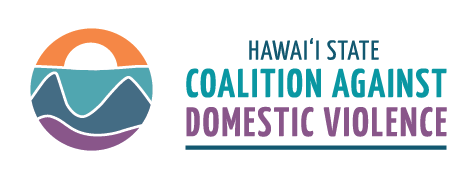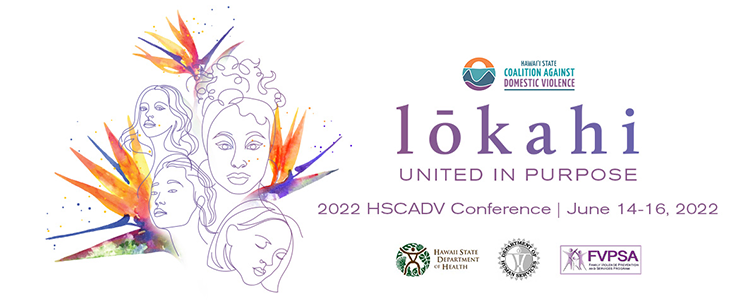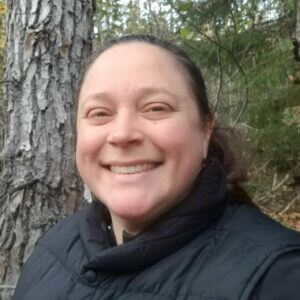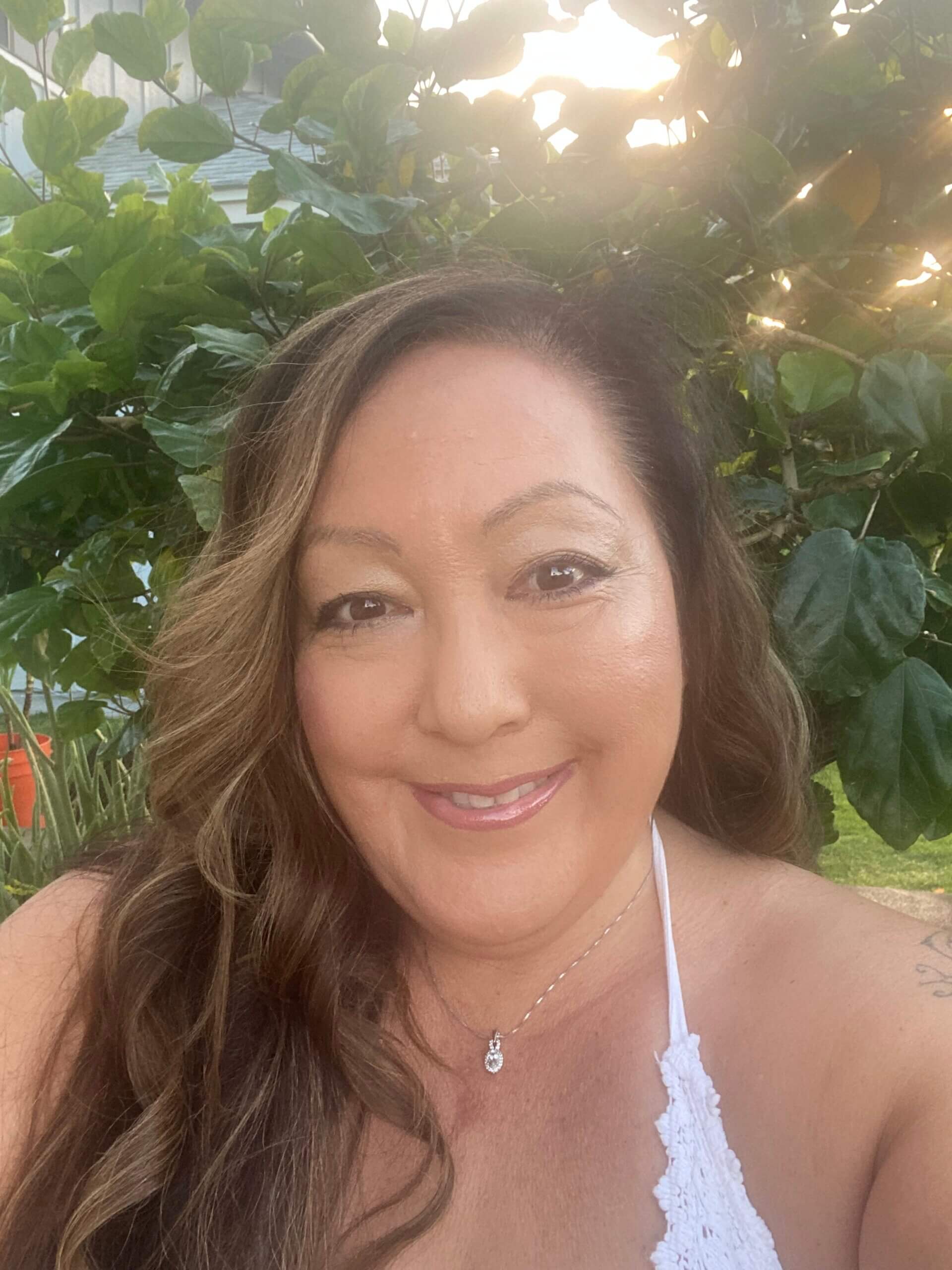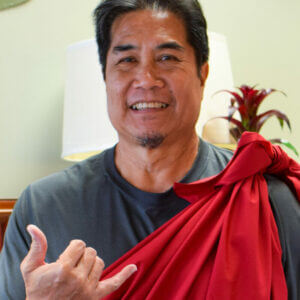8:30am-9:45am
Financial Stability Resources for Survivors of Domestic Violence
Dr. Marie Vorsino & Celene Roberts
Learning Objectives:
- Learn the financial impact of DV on survivors and their children.
- Gain knowledge in the financial needs of survivors of DV and barriers that they may encounter in accessing those needs.
- Learn about how to access different resources for survivors and their families to gain financial empowerment and independence.
- Increase knowledge of community resources and how to access.
10:00am-11:15am
Navigating Crisis and Suicide-Related Calls
Learning Objectives:
- Understand the stages of a suicide-related call
- Learn how to respond to a survivor in crisis or dealing with suicidal ideation
- Consider how power dynamics may impact survivors’ options
12:15pm-1:30pm
Practical Tools for Lifting Up Survivor Voices (Rather than Replacing Them)
Alicia L. Aiken, J.D.
In advocacy and victim services, we talk A LOT about centering the voices of survivors. But we have to ask ourselves, do we provide services in a way that centers survivor voices or in a manner that replaces those voices with our own? When we talk about confidentiality, many people are deeply concerned about how to get the “right” release from a survivor, but rarely ask the question, “Why am I (the advocate) the one doing the speaking?” What would it look like to support survivors to speak for themselves? And how can we genuinely make space for survivors to decide who says what and when? In this session, we will:
-
- Discuss the pressures advocates feel to personally “fix things” for survivors and the unintended consequences of those pressures,
- Analyze scenarios where choices must be made about who will do the information sharing to meet survivor goals, and
- Generate ideas for how advocates can make systems do a better job of listening and responding to survivors directly.
1:45pm-3:00pm
Courageous Conversation: How can Hawaiʻi’s child welfare system and family courts create a survivor-centered approach to protecting survivors of intimate partner violence and their children?
Judge Matthew Viola, Cathy Betts, Daisy Lynn Hartsfield, Melenani Waiʻalae, Liam Skilling, & Amanda Pump
Our community in Hawaiʻi deeply values family, including extended and adopted family and community connectedness. Yet, over the decades, we have learned that when survivors of intimate partner violence engage with the legal and child welfare systems, there are often negative consequences for both the survivor and their children. Survivors are being held accountable for the abuse and their children are being separated from the non-abusive parent and other support networks and demonstrating a disconnect from the core values of our community. Both the child welfare system and the legal system are evolving and the intention of this roundtable discussion is to start a conversation and collaborate with survivors, advocates, child welfare and family court on how we can improve the system responses to survivors of intimate partner violence and their children and hold the abusive partner accountable for the harm they have caused.
